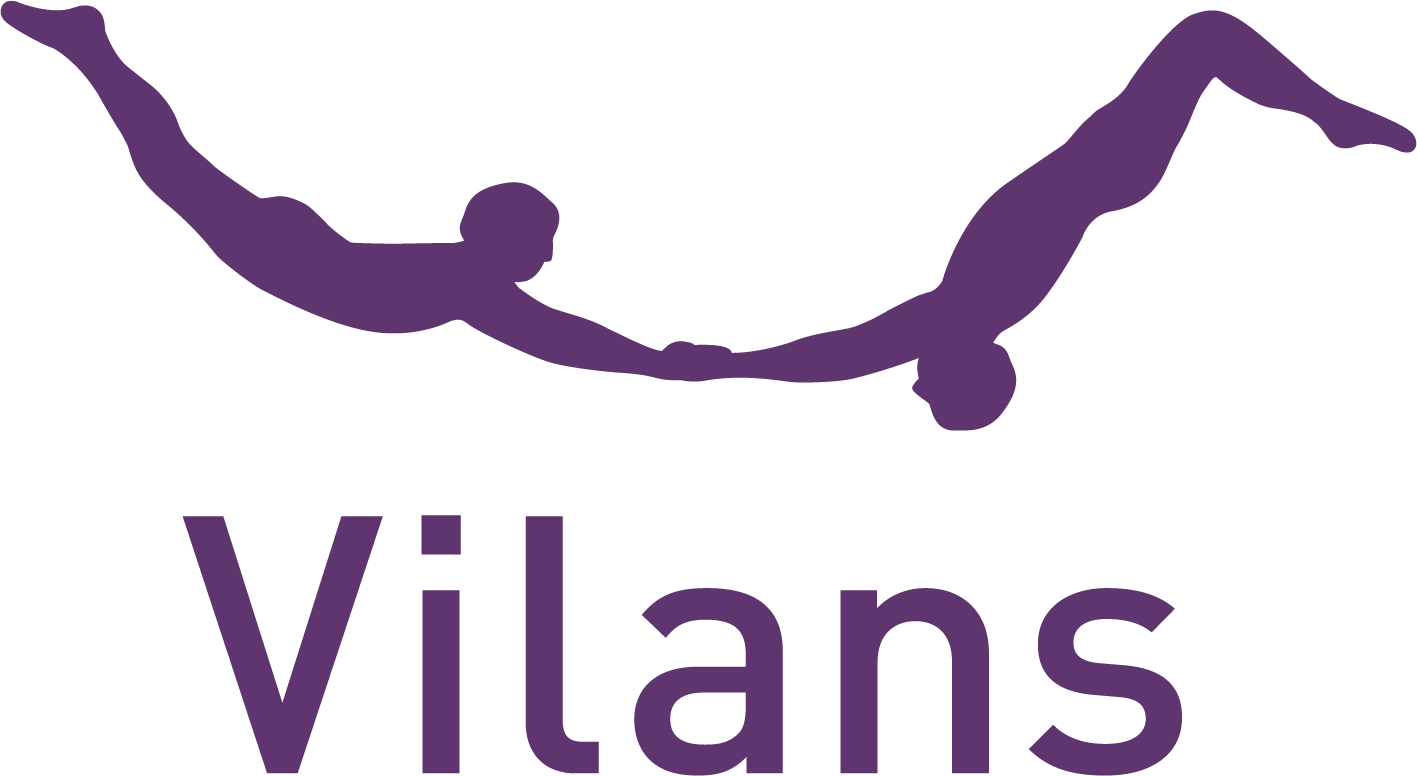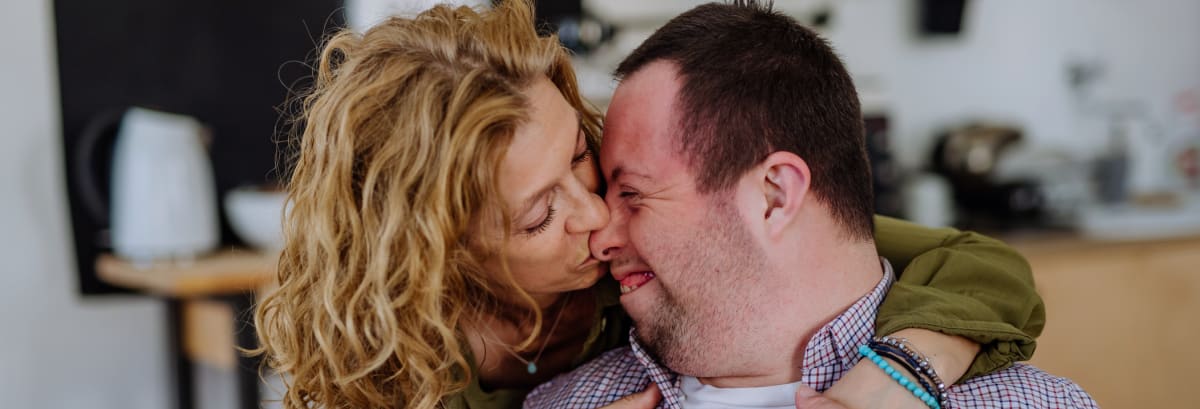‘Care needs to include care for the family’
Published on: 21-02-2019
Anjet van Dijken is known in the Netherlands as the author of ‘Het Brussenboek’, which discusses how it is for brothers and sisters to grow up in a care-intensive family. She is an experience expert and pioneer in this area. Therefore, she is involved as an advisor in our European ‘Me-We’ project that aims to improve the well-being of young carers.
Van Dijken grew up with her brother who is 3 years older, and who has a visual and intellectual disability. Unlike most people, she knows the impact of being a young carer. Especially because her mother died when she was 16, and her father when she was 19 years old. ‘Fortunately, my mother had done a lot of planning for the future, and my brother was in an institution when she died. She found it important that he should grow up in a protected environment. Nevertheless, the worries do not stop because he will always be my brother.’
25 years of research into care-intensive families
Driven by her journalistic and personal passion, van Dijken has immersed herself in 25 years of research in the field of ‘growing up in a care-intensive family’. As a consultant with the Me-We project, she is also engaged in how you communicate with young carers. At Me-We, young carers are actively involved, because nobody knows better what they need than themselves.
Children of glass
Van Dijken: ‘I also call carers “children of glass”. If you grow up with a brother or sister who has a limitation or illness, people look right through you, seeing instead that brother or sister. This happens, for example, when people ask how it goes with that brother or sister, instead of you. If there is no attention for you as a person, you are three times more likely to suffer from psychological problems.’ It has been found that young carers do not see themselves in the role of informal caregiver. Van Dijken: ‘They are used to self-effacing. For example, they tell themselves: “I can go to school, but my brother or sister cannot.” They also start to feel guilty quickly if they are jealous of the attention their brother or sister receives.’
Impact awareness
As a result, young carers will not quickly ask for help. Another problem is that many psychological problems only occur after their 20th birthday, which means that the impact is not recognised in time. Not just by the young carer, but also not by those around him. What can health care professionals and organisations do about this?
Peer support groups for brothers and sisters
Van Dijken: ‘Young carers primarily want to be heard. It is therefore important to have real interest for them as a person, and not as the brother or sister of someone with a disease or disability. It helps if they are aware that they are not the only ones. Getting in contact with peers, in support groups for example, is the best intervention when it comes to reducing the chance of psychological problems. You must understand that young people at school do not talk about this. Often there is shame involved. For instance, you are not likely to tell that you must go to the hospital with your brother every day for dialysis because he has a kidney disease.’
Family care in Canada as example
More is needed for improving care. Van Dijken: ‘Healthcare in the Netherlands is fine in terms of quality, but is very focused on people with mental or physical problems. Care needs to be reformed to include family care. This is much better organised in Canada, where care is based on the premise: ‘We do not treat anyone with a mental illness without involving the family.” It can be very useful for managers and policy makers to pay a working visit to the Holland Bloorview Kids Rehabilitation Hospital in Toronto, which provides care for children with disabilities. When you get there at the desk, you are immediately informed about support groups for parents and support groups for brothers or sisters.’







